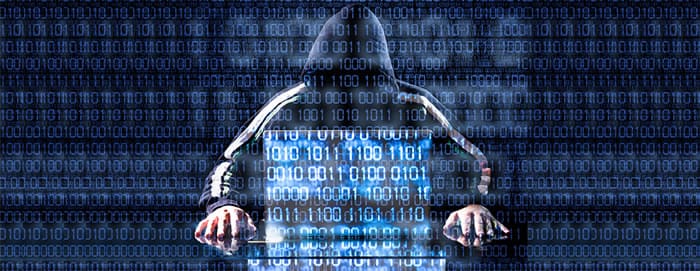The Essence of Cyber Security in Technology’s Growing and Developing Potential
 As the number of mobile users increases, so do the opportunities for exploitation. In fact, hundreds to thousands of network outages, computer viruses, data compromised by hackers, and other incidents are affecting our lives. Cyber security is an attempt to protect your data, programs, computers, and networks from such exploitation. And, this has even become a critical issue in the society considering that the growing volume and sophistication of cyber attacks have been at a point where national security is threatened.
As the number of mobile users increases, so do the opportunities for exploitation. In fact, hundreds to thousands of network outages, computer viruses, data compromised by hackers, and other incidents are affecting our lives. Cyber security is an attempt to protect your data, programs, computers, and networks from such exploitation. And, this has even become a critical issue in the society considering that the growing volume and sophistication of cyber attacks have been at a point where national security is threatened.
Cyber Security
Cybersecurity is everyone’s responsibility, especially those directly affected such as governments, military, financial institutions, corporations, hospitals, and other businesses. To have strong cyber security, you must know the cyber security definition, the importance of it and understand how cyber attacks work and affect your data, programs, computers, and networks. So, the article will introduce you to some forms of cyber-attacks including cybercrime, cyber terror, and cyberwar.
Cyber Attacks
Cyber-attacks have three categories: cybercrime, cyber terror, and cyberwar.
- Cybercrime – The attack includes the acquisition of debit/credit card data and intellectual property and impairment of the operations of a web or service. All forms of cybercrime focus on stealing data or money and causing disruption.
- Cyberterror – The attack includes terrorist activities in cyberspace.
- Cyberwar – The attack includes espionage and sabotage against another nation in order to extract data or cause disruption.
Cyber attacks are done at a distance using numerous means of attack in malware (malicious software) domain.
Malware
There are many types of malware with each having its specific goal and technique.
- Viruses – Viruses aim to steal, modify, or corrupt data from targeted computers. A virus can replicate and spread itself from one computer to another by attaching itself to another file.
- Worms – Worms seek out and exploit weaknesses in operating systems to allow remote control of the infected computers. A worm can replicate and spread itself from one computer to another without the need of attaching itself to another file.
- Spyware – Spyware or adware steals data through remote control of the infected computers. Spyware infects computers through attachments, links, or downloadable software.
- Trojans – Trojans steal or damage data through the creation of another door on the infected computers.

Attack Vectors
Besides the above attacks, there are also some attack vectors that allow cybercriminals to infect computers and harvest data.
- Phishing – Collect users’ data by masquerading as a legitimate entity.
- Pharming – Redirect a web’s traffic to a fake web to compromise users’ data.
- Drive-by – Aimed to attack against specific weaknesses in a system.
- MITM (Man in the Middle) Attack – Aimed to manipulate impersonate each endpoint and manipulate them.
Cybercriminals are indiscriminate. In fact, they will try to exploit every weakness within a system. Thus, all businesses will need to arm themselves with strong cyber management solutions. Contact our cyber risk management group at IT Solution for more information.






